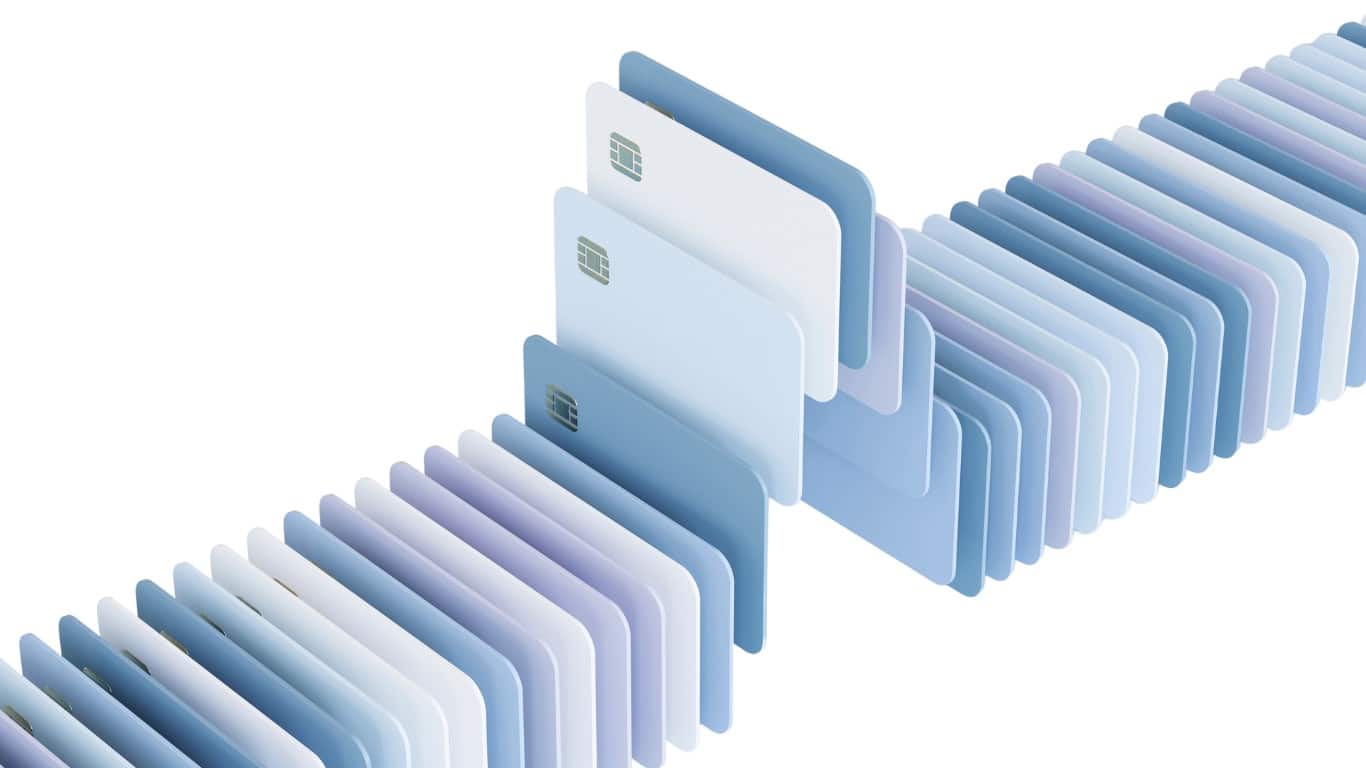Visa’s Commercial Enhanced Data Program (CEDP) is a revised framework for how merchants submit enriched transaction data for commercial credit card purchases and how they qualify for lower interchange rates. CEDP discounts are larger than they were under legacy Level 2/Level 3 processing programs, but they have higher qualifying standards.
Why was the Visa CEDP Program Introduced?
CEDP replaces older legacy Level 2 / Level 3 frameworks, which had looser rules for data completeness and accuracy. The new program tightens these rules, requiring merchants to submit complete, accurate, and verifiable information for each credit card transaction to qualify for the reduced rate.
What Transactions Qualify for CEDP?
To qualify, transactions must:
- Be made with a US Domestic Visa Small Business, Commercial, or Government credit card
- Include complete, accurate, and verifiable line-item data
- Meet Visa Enhanced Data Services File Specifications
Learn more about CEDP data requirements here.
When does Visa CEDP Go Into Effect?
The program officially launched on April 12, 2025.
Visa will start validating enhanced data on October 17, 2025. From that date forward, only merchants who are verified through their program will be eligible for the reduced credit card processing rates.
Visa’s prior level 2 interchange program will be retired (except for commercial fuel card purchases) in April 2026.
Will CEDP Impact Authorization Processes?
No. CEDP will not impact the way that transactions are authorized. Merchants’ existing authorization settings, including AVS checks, will be unaffected.
Will Visa’s New CEDP Program Impact Chargebacks?
Chargeback rules won’t change. However, collecting and saving robust CEDP data can help meet the standard for “compelling evidence” when disputing fraudulent claims, making it easier to defend legitimate transactions.

Will CEDP Impact Settlement Times?
Under CEDP, merchants must submit enhanced data within 96 hours of the transaction. It may take slightly longer for merchants to populate this data, but settlement timelines should not be impacted.
Will CEDP Affect PCI Compliance?
CEDP doesn’t introduce any new PCI compliance requirements, including new encryption or storage requirements. It will not introduce new types of sensitive account data to a merchant’s processing environment.
How Will CEDP Impact Processing Rates?
Starting in April 2025, Visa will assess a 0.05% participation fee on all credit card settlements that merchants submit with Level 2 or Level 3 data. This fee will apply whether or not the data meets CEDP standards.
Transactions that pass validation can receive up to 15 basis points of additional savings. (A 10-basis-point discount, for context, is $1 on a $1,000 transaction.) Though this may not sound substantial, it is a larger discount than most legacy Level 3 rates.
When you calculate your potential savings, be sure to account for the 0.05% participation fee for any submitted transaction, whether or not it qualifies for the discount rate. Costs may actually increase if your data isn’t accepted – which increases the importance of working with a processing partner who can fully support you through the transition.
What’s the Impact to Non-Visa Credit Cards?
CEDP only affects Visa transactions. However, other brands such as Discover or MasterCard may introduce comparable programs of their own – or update their own Level 2 / Level 3 processing rules – over time.
Start Optimizing Your Credit Card Transactions and Saving On Your Processing Fees
CEDP raises the bar for enhanced data, but it also opens the door to more savings.
At Curbstone, we make it easier to keep up with ever-changing credit card processing requirements. If you’d like expert guidance on preparing your data and systems for the new CEPD program, contact us today.

